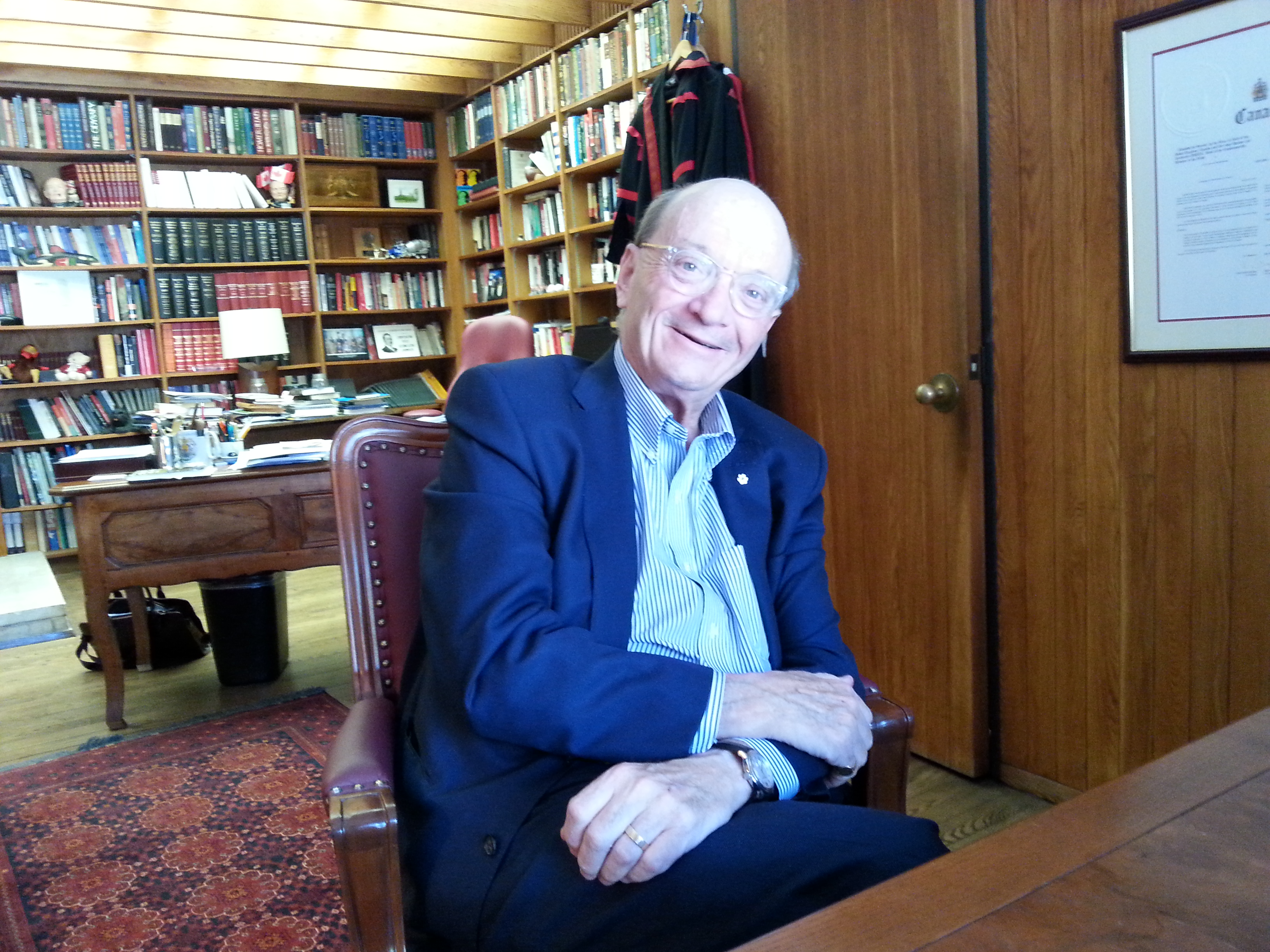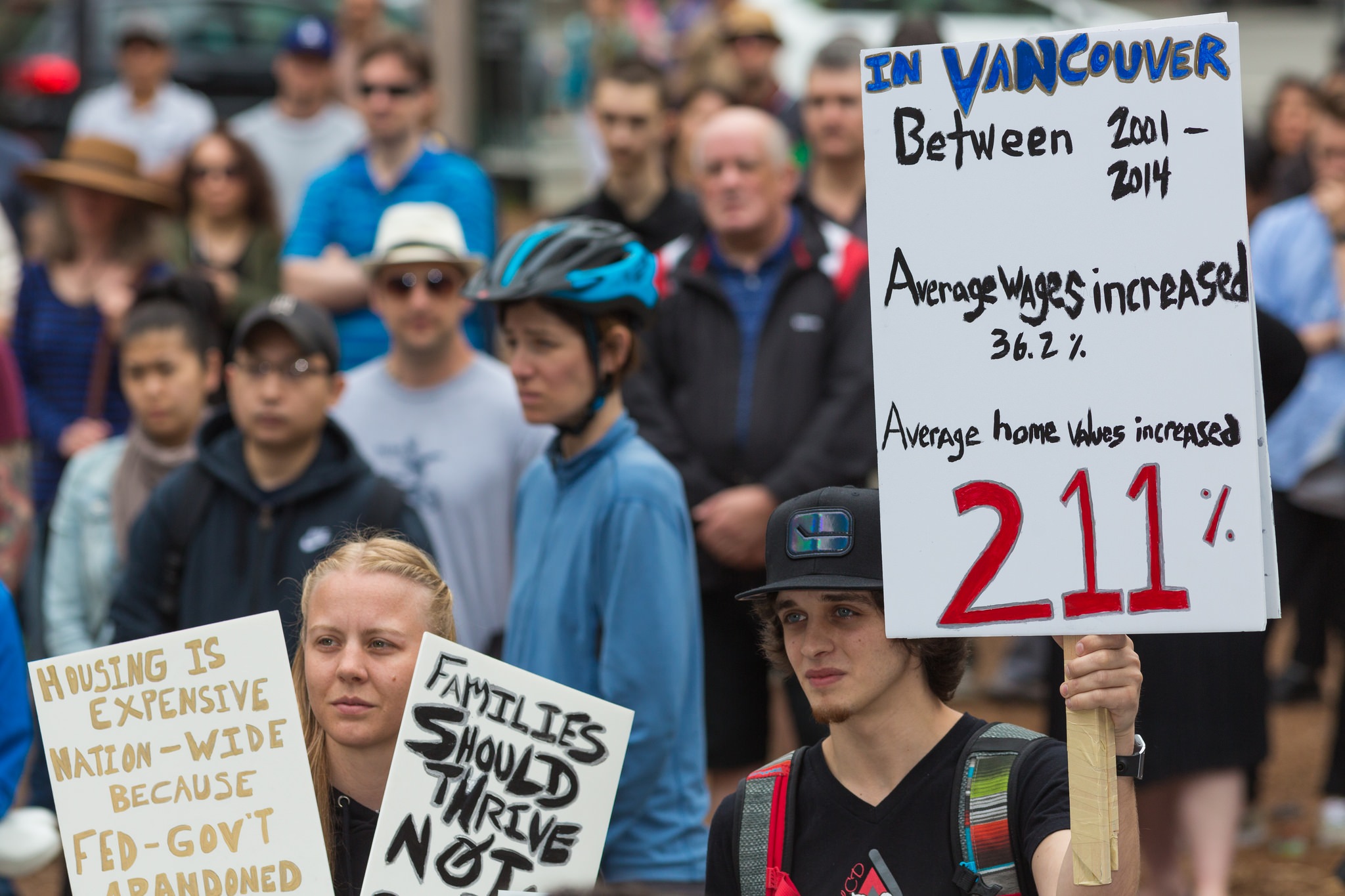As President of the United States Barack Obama took his leave from the White House, he announced what his new venture would be: The Obama Foundation. While The Obama Foundation has been around since 2014, the former President was excited to dedicate himself (and his family) in a deeper way to the mission and goals of the Obama Foundation.
The Obama Foundation challenges all individuals to “show up” to lead real time change as leaders in both local and global contexts. The foundation emphasizes on developing individual citizenship and engagement in a globally and locally oriented way. It will also fund the Barack Obama Presidential Center, a library of President Obama’s archives.
This recent announcement by Obama prompts a consideration of foundations and how they differ from traditional non-profits. Foundations represent a new era of giving. At the core, they follow the same model as other non-profits. They differ in that they are often headed (and funded) by prominent political agents (Clinton Foundation, Obama Foundation), successful entrepreneurs and investors (Bill and Melinda Gates Foundation), and other influential public figures (Aga Khan Foundation).
The professional and elitist leadership gives charity a new face. The foundations have the resources – especially the capital, connections and command to avoid several pitfalls of smaller non-profits. First, since foundations are headed by the wealthiest, most financially savvy, they have come to expect tangible results from even their charitable endeavours. In their professional ventures these amount to increased profitability, increasing sales, reducing cost – for example. Knowing the importance of data-driven real results, they bring the same mindset to their charitable giving as well – opting for measurability of impact, assuring the resources of the foundation amount to the greatest good for the greatest number.
It is because of its business-savvy nature that the Bill and Melinda Gates Foundation is able to confidently maintain it will eliminate malaria within a generation. Furthermore, the precariousness of funding that plagues many charitable organizations and nonprofits can be avoided. The larger funding pool provides foundations with the tools to hire and better train more qualified candidates, since they can afford them and provide them the growth atmosphere they will thrive in.
The foundations essentially treat giving like business. Treating it like a business means creating their version of a marketplace, which gives social entrepreneurs a physical and virtual space to hash out their ideas to lead to social impact. Foundations treat social change as the currency and count the number of people affected positively as a result of their initiatives. In this way, metrics are key, and having a tangible impact is the best outcome.
While substantial change has come from foundations, the recent announcement by Obama prompts us to consider the implications of treating charity like business, or perhaps in his case, a mix of business and politics.
Until now, foundations, while making substantial impact, are confined to make changes only when measurability is possible. Anything that is difficult to measure or anything we don’t have the tools to delineate is off the table with foundations. This leaves a large chunk of needed social change that stays off the table.
Furthermore, many measurable types of data are not very illustrative. For example, many foundations are attempting to tackle the high rate of HIV/AIDS in developing countries. In order to assess the success of HIV/AIDS awareness, statistics such as the number of presentations delivered and the number of condoms distributed are measured. However, they do not necessarily indicate or lead to lower rates of HIV/AIDS and unprotected sex. They cannot measure changes in attitudes or cultural shifts – which are important for lasting change but difficult to measure.
The Obama Foundation follows from what he knows best: using democracy to lead to positive social change. Social change is perhaps harder to measure than what other foundations are tackling such as deaths by malaria or GDP of a country. The mission of the Obama Foundation seems more urgent than ever – especially in the face of the new US leadership. Social change and democratic citizenship are beyond simple metrics, and The Obama Foundation, should use its resources to look beyond metrics and treat their mission as both an art and science to lead real time change.
Photo: Obama with kids (August 15, 2011) by Obama White House via Flickr. Licensed under US Government Works.
Disclaimer: Any views or opinions expressed in articles are solely those of the authors and do not necessarily represent the views of the NATO Association of Canada.




